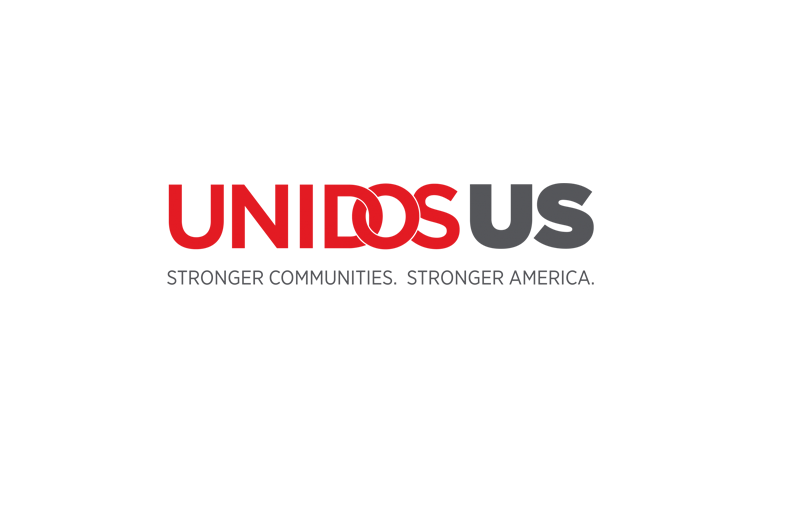SAN ANTONIO — The COVID-19 pandemic had a disproportionately negative impact on Latino students and their families in the U.S., threatening to erase educational gains they have made over the past three decades, according to a new report from UnidosUS.
“The encouraging progress Latino students have made makes clear their enormous potential. Yet, according to our report, the pandemic not only threatened that progress, but also revealed the continuing inequities of an education system that is not serving our students well,” said UnidosUS President and CEO Janet Murguía. “Our country has an urgent need and opportunity to correct this longstanding issue so that Latino students—and all students— can resume their progress toward achievement in school and the workplace and fulfill their potential as key players in America’s future well-being.”
Released as part of the UnidosUS 2022 Annual Conference, Latino Student Success: Advancing U.S. Educational Progress for All draws upon a wealth of sources to paint a portrait of today’s Latino students and families and their unique contributions to America’s strength and prosperity. The report charts the steady gains that Latino students made in educational achievement over 30 years, as well as the challenges the pandemic both created and exacerbated for Latino students and English learners, undermining their progress in areas such as math and reading achievement, access to well-funded schools and diverse teachers, and college enrollment.
The report also outlines seven policy recommendations that can support the success of both Latino students and all students:
- Prioritize actionable data and student-centered accountability by providing transparent data on student learning across states and ensuring compliance with the Every Student Succeeds Act (ESSA) framework for identifying and supporting low-performing schools.
- Provide equitable funding to support low-income students by increasing Title I and ensuring that more investments reach the students who need the most support.
- Build on the assets of multilingual learners by supporting their language and academic development and increasing Title III funding targeted to support English learners.
- Ensure all students have access to inclusive, responsive and welcoming schools.
- Support “anywhere, anytime” learning to close the homework gap.
- Authentically engage with families about education policies and resources.
- To keep students on track for postsecondary education, invest in programs that provide postsecondary guidance to underserved students, double the maximum federal Pell Grant, and increase investments for retention and completion grants.
“Latino students are our nation’s future. Too often, they are seen as a burden on schools, when in reality, they bring a multitude of abilities and assets—from multilingualism to navigating across cultures and their resilience for success and commitment to hard work. These students strengthen our schools and our country,” said Murguía. “We must invest in Latino students now so that we can lead the way toward an America where every child receives a good education.”
To download the full report, visit https://www.unidosus.org/publications/latino-student-success-advancing-u-s-educational-progress-for-all/.
About UnidosUS
UnidosUS, previously known as NCLR (National Council of La Raza), is the nation’s largest Hispanic civil rights and advocacy organization. Through its unique combination of expert research, advocacy, programs, and an Affiliate Network of nearly 300 community-based organizations across the United States and Puerto Rico, UnidosUS simultaneously challenges the social, economic, and political barriers that affect Latinos at the national and local levels. For more than 50 years, UnidosUS has united communities and different groups seeking common ground through collaboration, and that share a desire to make our country stronger. For more information on UnidosUS, visit www.unidosus.org or follow us on Facebook, Instagram, and Twitter.
This is a sponsored message and does not necessarily represent the views of the Education Writers Association, its board of directors, or its members. Want to see your release on the EWA site? Promote it with EWA.
